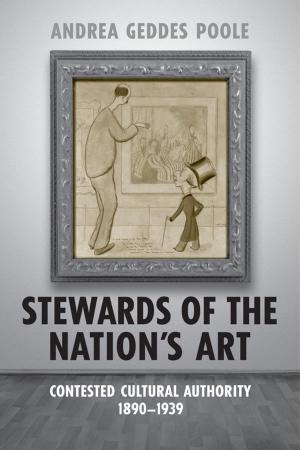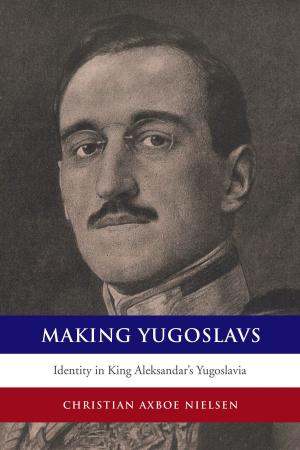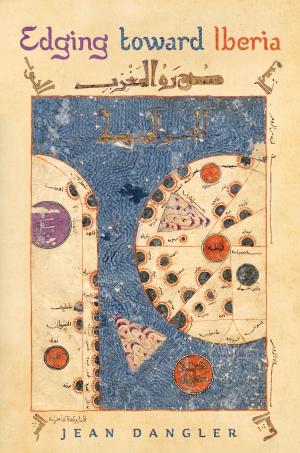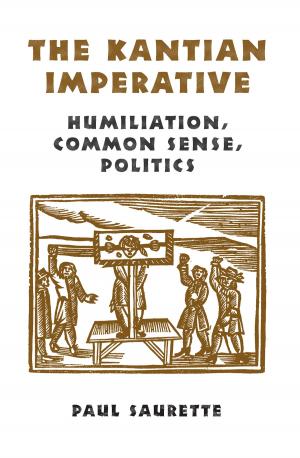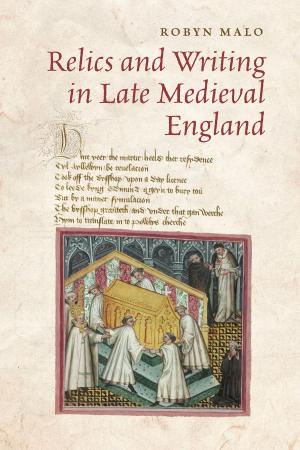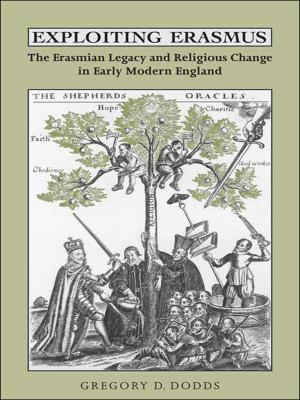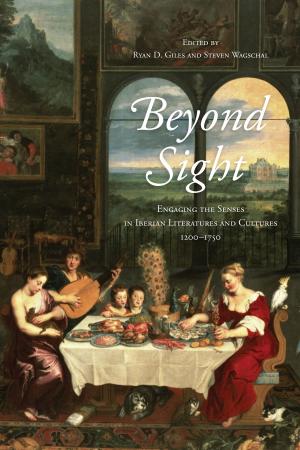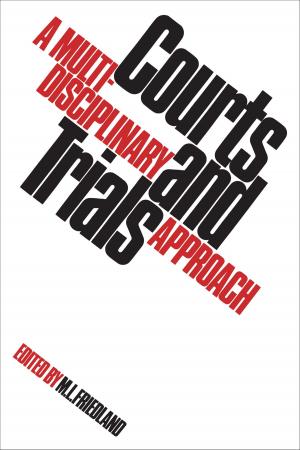Forms of Modernity
Don Quixote and Modern Theories of the Novel
Fiction & Literature, Literary Theory & Criticism, European, Spanish & Portuguese| Author: | Rachel Schmidt | ISBN: | 9781442694194 |
| Publisher: | University of Toronto Press, Scholarly Publishing Division | Publication: | April 9, 2011 |
| Imprint: | Language: | English |
| Author: | Rachel Schmidt |
| ISBN: | 9781442694194 |
| Publisher: | University of Toronto Press, Scholarly Publishing Division |
| Publication: | April 9, 2011 |
| Imprint: | |
| Language: | English |
It's a critical cliché that Cervantes' Don Quixote is the first modern novel, but this distinction raises two fundamental questions. First, how does one define a novel? And second, what is the relationship between this genre and understandings of modernity? In Forms of Modernity, Rachel Schmidt examines how seminal theorists and philosophers have wrestled with the status of Cervantes' masterpiece as an 'exemplary novel', in turn contributing to the emergence of key concepts within genre theory.
Schmidt's discussion covers the views of well-known thinkers such as Friedrich Schlegel, José Ortega y Gasset, and Mikhail Bakhtin, but also the pivotal contributions of philosophers such as Hermann Cohen and Miguel de Unamuno. These theorists' examinations of Cervantes's fictional knight errant character point to an ever-shifting boundary between the real and the virtual. Drawing from both intellectual and literary history, Forms of Modernity richly explores the development of the categories and theories that we use today to analyze and understand novels.
It's a critical cliché that Cervantes' Don Quixote is the first modern novel, but this distinction raises two fundamental questions. First, how does one define a novel? And second, what is the relationship between this genre and understandings of modernity? In Forms of Modernity, Rachel Schmidt examines how seminal theorists and philosophers have wrestled with the status of Cervantes' masterpiece as an 'exemplary novel', in turn contributing to the emergence of key concepts within genre theory.
Schmidt's discussion covers the views of well-known thinkers such as Friedrich Schlegel, José Ortega y Gasset, and Mikhail Bakhtin, but also the pivotal contributions of philosophers such as Hermann Cohen and Miguel de Unamuno. These theorists' examinations of Cervantes's fictional knight errant character point to an ever-shifting boundary between the real and the virtual. Drawing from both intellectual and literary history, Forms of Modernity richly explores the development of the categories and theories that we use today to analyze and understand novels.

